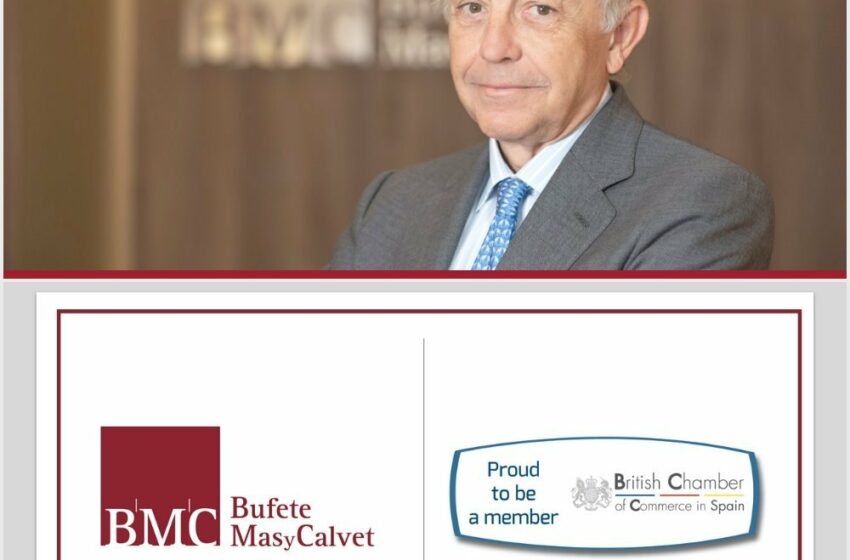Added value

In July 2019, Morais Leitão became the first firm in the Portuguese market to use Legatics. The firm assures that the online platform, in addition to having expedited transactions, has been a success among its clients
 It is no secret that law firms are under increasing pressure from clients to reduce their fees and improve efficiency. Adding to this is the fact that the digital transformation is no longer optional so, logically, more and more law firms are adopting legaltech tools. That is precisely what the Portuguese firm did last summer when it began to use Legatics, an intelligent online platform that guarantees efficient and transparent management of transactions, automating the management of operations workflow and supervising the documentation necessary for its execution, especially in transactions related to banking and financial sectors. “At Morais Leitão we believe that we should be focused on the work that brings added value to the client and use technology as much as possible to improve efficiency on the tasks that take time (sometimes, a lot of time even) but which are not particularly high skilled, although very important for the transaction”, says Cláudia Castanheira dos Santos and Mariana Solá de Albuquerque, consultant, and associate of the firm, respectively. They assure that technology improves the experience of clients and lawyers. Processes such as managing, monitoring pre-conditions and preparing transaction bibles usually take up a great deal of lawyers’ time and still rely on Word documents to manage what could be a large number of these preconditions.
It is no secret that law firms are under increasing pressure from clients to reduce their fees and improve efficiency. Adding to this is the fact that the digital transformation is no longer optional so, logically, more and more law firms are adopting legaltech tools. That is precisely what the Portuguese firm did last summer when it began to use Legatics, an intelligent online platform that guarantees efficient and transparent management of transactions, automating the management of operations workflow and supervising the documentation necessary for its execution, especially in transactions related to banking and financial sectors. “At Morais Leitão we believe that we should be focused on the work that brings added value to the client and use technology as much as possible to improve efficiency on the tasks that take time (sometimes, a lot of time even) but which are not particularly high skilled, although very important for the transaction”, says Cláudia Castanheira dos Santos and Mariana Solá de Albuquerque, consultant, and associate of the firm, respectively. They assure that technology improves the experience of clients and lawyers. Processes such as managing, monitoring pre-conditions and preparing transaction bibles usually take up a great deal of lawyers’ time and still rely on Word documents to manage what could be a large number of these preconditions.
MORE AGILITY
This platform, which addresses the particularities of a certain type of transaction, streamlines much of the documentation management required for the verification of the prerequisites (it also allows the preparation of documentation lists and transaction bibles) and the interactions between the various parties in a transaction: clients, lawyers, counterparties and other advisors. “Once it starts kicking in among all participants, you can go without a single specific call or e-mail to track where everyone is at and the development of the status of the documents” says Castanheira. They can access the platform simultaneously, upload relevant documents, provide approvals, and monitor the evolution of the documentation and the status of the transaction in real-time until the financial closing. By replacing traditional manual processes with a more agile and digital process, Legatics optimizes the time lawyers spend on their legal transactions and also helps avoid possible human errors in repetitive tasks, adding value to the different parts of the operation. It converts traditional legal processes into a simple and highly automated software that frees lawyers from administrative tasks and it “has improved performance in time management and has brought more efficiency in transactions where it has been used”, says Solá, adding that “it no longer becomes necessary to have one lawyer exclusively devoted to this process as was often the case in larger deals with a lot of participants. This person’s skills and time can then be allocated to assisting in other matters that require more specific knowledge”. Castanheira says that it is difficult to quantify how much time is saved since it depends on the particularities of each operation, “but it is certainly more efficient”.
USES OF LEGATICS
The Legatics pattern recognition engine automatically generates a precondition checklist (CP). The CP checklist is automatically updated to notify parties of the next steps. The parties act directly on the items of the platform, rather than having a dedicated associate update the parties on the status of each item. The final version of each document is in a central location, and the parties give their approval directly through the platform. The signing and completion process can be managed through the software, which can extract signatures, sort pages and generate Mercurycompatible emails. After closing, Legatics can automatically generate a bible. The software will rename and number the titles of the documents and generate a hyperlinked index.
MEETING OBJECTIVES
Solá says that this tool is being well received by clients because “it gave them access to that part of the process and they could go through the information/ documentation simultaneously which was helpful as they often have their own internal teams that also need to check these conditions”. At Morais Leitão, they are certain that the future of the legal profession lies in the use of technology and increased automation, and that it is essential to find innovative solutions and use them to provide more efficient and seamless services. In addition to Legatics, the firm is also currently using an AI platform to review documentation. In any case, Castanheira says that they “are always on the lookout for new technologies to improve our lawyers work-life balance and to meet our clients’ expectations and improve their overall experience when hiring legal services from a law firm”.
To read the article in full please download issue N.91 here












